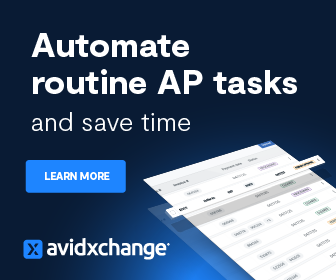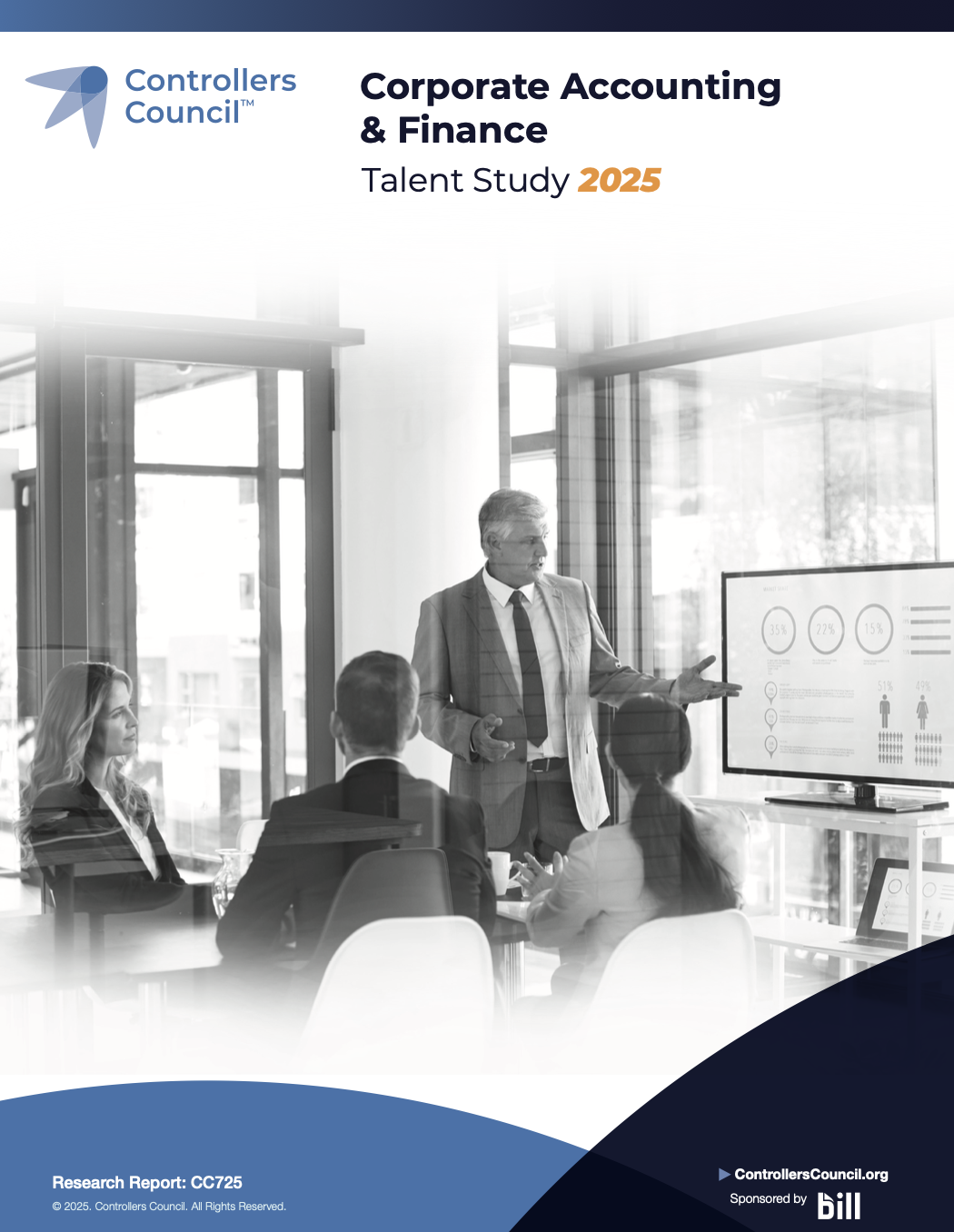The Controllers Council strives to stay abreast of emerging trends and technology in the CFO and controller profession. As part of this effort, we conducted an annual CFO/controller sentiment study. The 2024 CFO/Controller Sentiment Study revealed that artificial intelligence is making waves among financial leaders across the nation. In fact, 51% plan to adopt some form of artificial intelligence (AI) in 2024.
Join us as we dive into this technology and how CFOs and controllers are putting it to work for their organizations in the new year.
In 2024, CFOs and controllers will be using AI for:
Task Automation
For decades, redundancy has been a fact of life for finance professionals. Financial teams have had to painstakingly check and recheck data to ensure it’s accurate, complete, and error-free. While checks and balances remain a critical part of financial management, AI has shifted this burden off financial professionals.
With AI, your business can automate repetitive and time-consuming tasks such as accounts payable (AP) and accounts receivable (AR). When you use AI-driven tools, you’ll be able to streamline these processes, reducing manual effort and minimizing the risk of human error. This not only accelerates transaction processing but also frees up your team to focus on more strategic tasks.
For instance, AI algorithms will match invoices with purchase orders, process payments, and manage collections with unprecedented speed and accuracy. These improvements will transform the traditional finance workflow into a more efficient and cost-effective operation.
Improving Forecasting, Planning, and Analysis (FP&A)
AI is changing the way we plan for the future, forecast, and analyze fiscal data by giving finance teams strong tools to predict what’s going to happen next. With AI, CFOs will be able to get a handle on forecasting that not only predicts what will likely happen next but also offers advice on how to respond. This is particularly useful when the economy is unpredictable.
AI is capable of looking through tons of data and spotting trends or useful bits of information that people would likely miss. As a result, your financial forecasts will be more accurate and trustworthy. With better forecasts, you’ll see potential changes in the market and deal with risks more wisely.
Being able to quickly make sense of complicated financial information and trends helps you prepare your company for new developments and make strategic decisions about cash flow. Also, AI and machine learning get better as they work with more data. The more information you feed AI, the sharper its predictions and insights become.
Making Business Intelligence (BI) Smarter
Business intelligence is critical for corporate finance and accounting, offering insights that drive decision-making and strategic planning. AI elevates BI using automated data analysis and real-time, actionable insights. Custom AI-powered dashboards aggregate data from various sources, providing a unified view of fiscal health, performance metrics, and key indicators.
These customizable dashboards place timely, relevant insights at your fingertips. At a glance, you can pinpoint trends and better understand the company’s financial status. The ability to quickly interpret complex financial data and trends sets the stage for more proactive and strategic money management.
Creating Custom Dashboards
Custom dashboards represent a cornerstone of AI-driven financial management. They give business leaders a tailored view of an organization’s fiscal data. These dashboards are designed to highlight the most relevant metrics based on your company’s goals and objectives.
With AI, these dashboards become dynamic tools that display real-time data and provide predictive analytics and trend analysis. Finance professionals use these dashboards to track performance against financial targets, monitor cash flow, and assess the impact of external factors on monetary outcomes.
Custom AI dashboards empower companies with the insights needed to navigate the complexities of today’s financial landscapes.
How AI Impacts Your Decision-Making
AI is great for automating redundant tasks and expanding your data processing capability. However, that’s just the tip of the iceberg. On a broader scale, AI will reshape the way you make decisions and manage your company’s cash flow.
Your finance teams can use AI to optimize capital allocation, manage risk, and drive value creation more effectively. AI also plays an important role in keeping up with and adapting to industry trends. With artificial intelligence, you’ll sharpen your competitive edge.
AI Is Changing the Finance Game — Are You Ready?
Ordinarily, you can wait out emerging industry trends to see if they have real staying power. However, there is no need to sit on the sidelines when it comes to artificial intelligence. The technology is here to stay, and adopting it is no longer optional — it is a necessity.
If you don’t adopt AI soon, you risk getting left behind. That said, don’t just start throwing AI at existing processes to see what sticks. Identify your weaknesses and strategically weave artificial intelligence into key workflows to enhance how you manage your company’s money.
Additional Resources
Revolutionizing Finance: How AI Is Transforming the Financial World
A Hands-On Guide to AI Adoption in Finance and Accounting – Webinar Highlights
The Unfolding Impact of AI – Webinar Highlights
Friend or Foe The CFO’s Relationship with AI – Webcast Highlights




